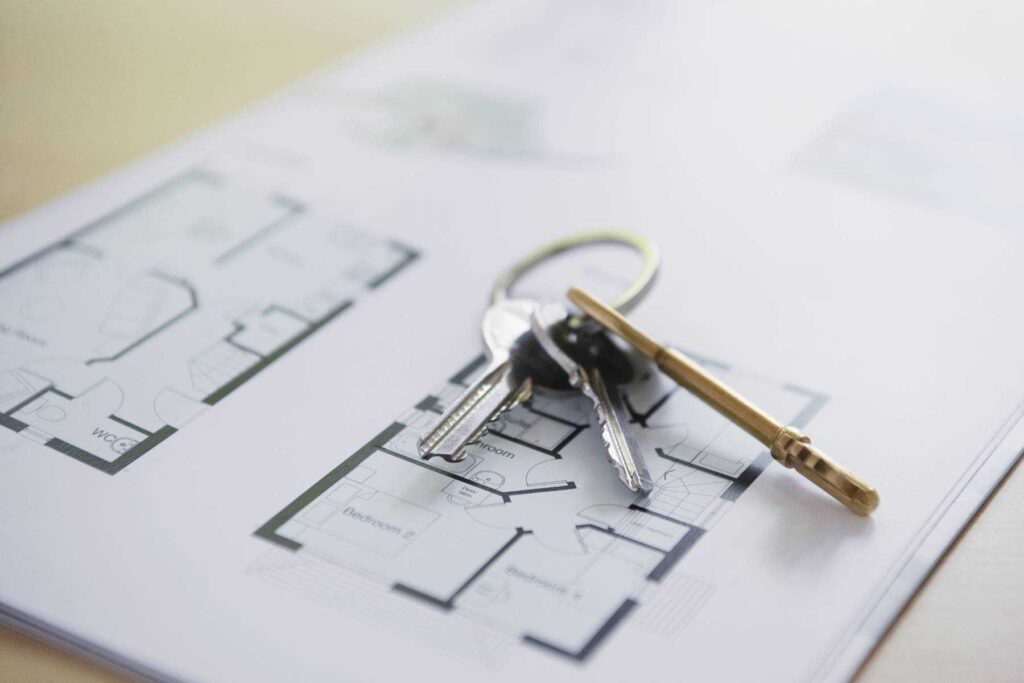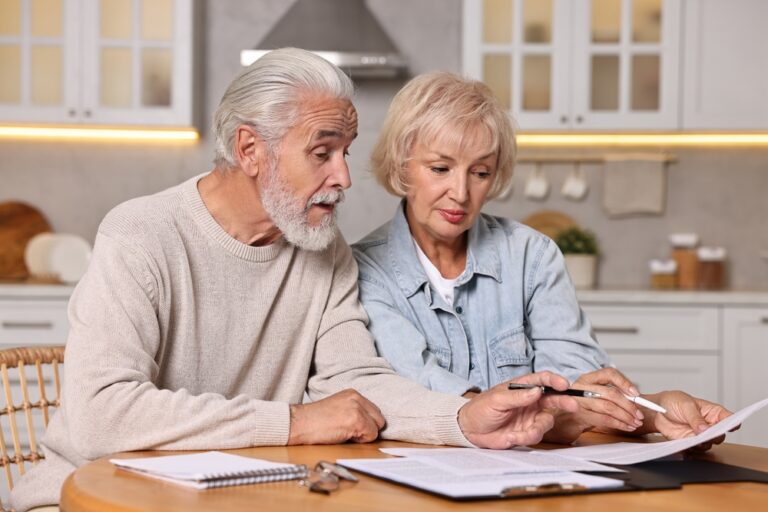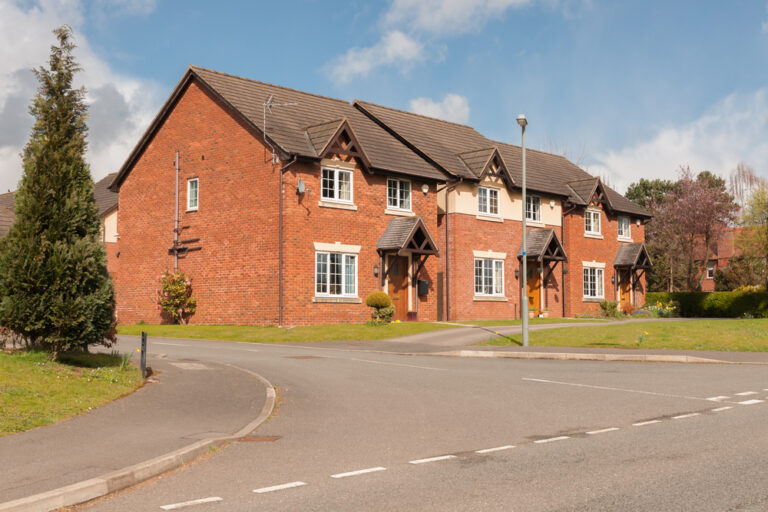One thing we all want when moving is for the process to be as quick and as painless as possible.
That’s not always the case, but one thing you can do to help speed up your sale or purchase is to have all your important documents to hand.
But what documents do you need when moving to a new house? We’ve listed all of them right here…
Documents needed when selling a house
There are a whole host of important documents you’ll need to lay your hands on if you’re selling your home.
And doing so quickly can really help keep your sale on track.
Here are all the documents you’ll need to supply if you’re selling up:
Guarantees and warranties
There’s a pretty strong chance you’ll be including white goods with the sale of your home.
If your appliances, such as the boiler, oven or fridge-freezer, are still guaranteed or under warranty, you should supply proof of these to your buyer.
Building work certificates
If you’ve had work done on your home, you may have guarantees, so these should also be provided for your buyers, including FENSA certificates if you have new double glazing.
If your property was bought as a new-build, it may also have an outstanding NHBC certificate, which should be supplied to the new owners through their solicitor.
Appliance servicing records
You should provide records of servicing for appliances like your boiler, or certificates for any electrical work or rewiring.
Energy Performance Certificate
You can’t sell your home without a valid Energy Performance Certificate (EPC). If your EPC is still valid, you should provide this when putting your home on the market and if you don’t have a valid certificate, you’ll need to have an energy assessment carried out before you can sell.
Documents needed when buying a house
Buying a home can be a stressful process, particularly if you feel it is dragging on.
One sure-fire way you can help speed things up is by providing all necessary documentation in good time.
Here’s everything you’ll need if you’re buying:
Documents needed for a mortgage
If you’re buying your new home with a mortgage, your lender will require several key documents to get your application moving.
Proof of identity and address
• Passport
• Driving licence
• Recent utility bill
Proving your income and outgoings
• Your last P60
• Your last three years of accounts if you’re self-employed
• An SA302 form if you’re self-employed
• Last three months’ payslips
• Last three months’ bank statements
• Further utility bills, including council tax, to show outgoings
• Insurance policy documents
• Hire Purchase agreements
Documents needed to appoint a solicitor
Like your mortgage lender, your solicitor will need to perform identification and proof of address checks.
So, you should provide your solicitor with:
• A copy of your driving licence or passport
• A utility bill, bank statement, or council tax bill as proof of address
Things you’ll need when you exchange contracts
Exchanging contracts is a huge step when buying a home.
Once you’ve exchanged contracts, you become responsible for your new property, even though you possibly won’t have moved in yet.
So, you should arrange a buildings insurance policy to begin on the day of exchange and send a copy of this to your solicitor.
Your mortgage provider will also require a buildings insurance policy to be in place on your new home as part of their lending terms.
Although there is no legal requirement to do so, you should also consider arranging a contents insurance policy to protect your belongings once you have moved into your new property.
What documents should I receive after buying a house?
Your solicitor should provide you with most of the essential documents you’ll need after you’ve completed your purchase.
These could include:
• Confirmation that the property’s title deeds, in your name, have been lodged with the Land Registry. Title deed records are now all digital
• A copy of the lease if your property is leasehold or owned on a shared freehold basis. If the property is shared freehold, you should also receive a copy of the management information pack
• The property information, fittings and contents form, which outlines what will be left behind by the sellers and where things like stopcocks, gas and electric meters are located
• Any warranties or guarantees on work undertaken by the seller
• A receipt confirming your stamp duty is paid
• Receipts and certificates for any indemnity insurance or legal cover taken out during the sales process
• A valid Energy Performance Certificate (EPC)
Further reading…
Thinking of buying a home in 2021? Here are five ways you can take advantage of the current market conditions and some predictions for what the rest of the year might bring.




